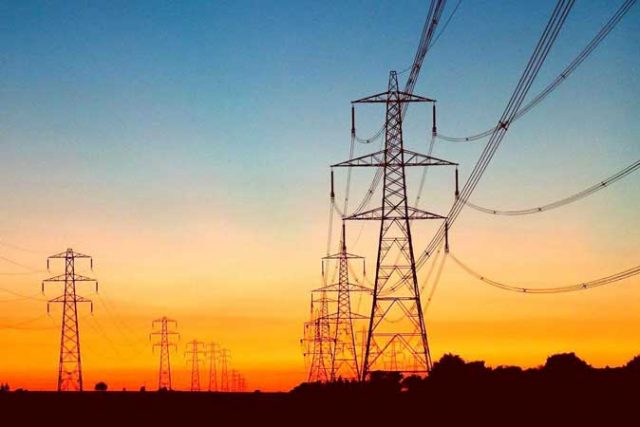House committee approves bill extending term of joint energy commission
By Angelica Y. Yang – May 24, 2021 | 8:03 pm
from Business Mirror

THE HOUSE Committee of Energy approved a bill that will extend the term of the joint congressional energy commission (JCEC), an oversight body in charge of implementing energy-sector laws, after the extension was backed by various agencies and stakeholders Monday.
House Bill (HB) 9312 seeks to remove the expiration period of the JCEC, which is set to end its term on June 26 by amending a section in the electric power industry reform act of 2001 (EPIRA).
“The removal of the expiration period of the JCEC will also allow us, House and Senate members of the JCEC, to conduct the oversight functions of regularly monitoring the implementation, not only of the existing laws but also the laws that we will pass during our term,” Vice-Chairman of the House Committee on Energy Presley C. De Jesus said during the committee’s virtual deliberations Monday.
Supporters of the extension included the Energy Regulatory Commission (ERC) and Independent Electricity Market Operator of the Philippines (IEMOP), which were represented at the hearing.
“We interpose no objections to the proposed deletion of the expiration period of the JCEC. In our experience and as provided, we have seen that JCEC… can effectively initiate collaboration among concerned government agencies in the electric power industry, especially if there is an issue that (an) agency cannot seem to agree on,” ERC Chairperson and Chief Executive Officer Agnes VST Devanadera said.
She said the commission is also able to tackle issues related to competitive bidding, outages and loopholes in current law.
IEMOP Head of Corporate Strategy and Communications Isidro E. Cacho, Jr., said that the removal of the expiration date will benefit “all stakeholders and Filipino consumers.”
During the meeting, Association of Philippine Electric Cooperatives Representative Sergio C. Dagooc asked to include an additional provision amending the JCEC’s oversight role to cover “all existing energy laws at the (EPIRA) act’s time of effectivity including but not limited to the Oil Exploration and Development Act of 1972 and the Downstream Oil Industry Deregulation Act of 1998, except the Biofuels Act of 2006.”



